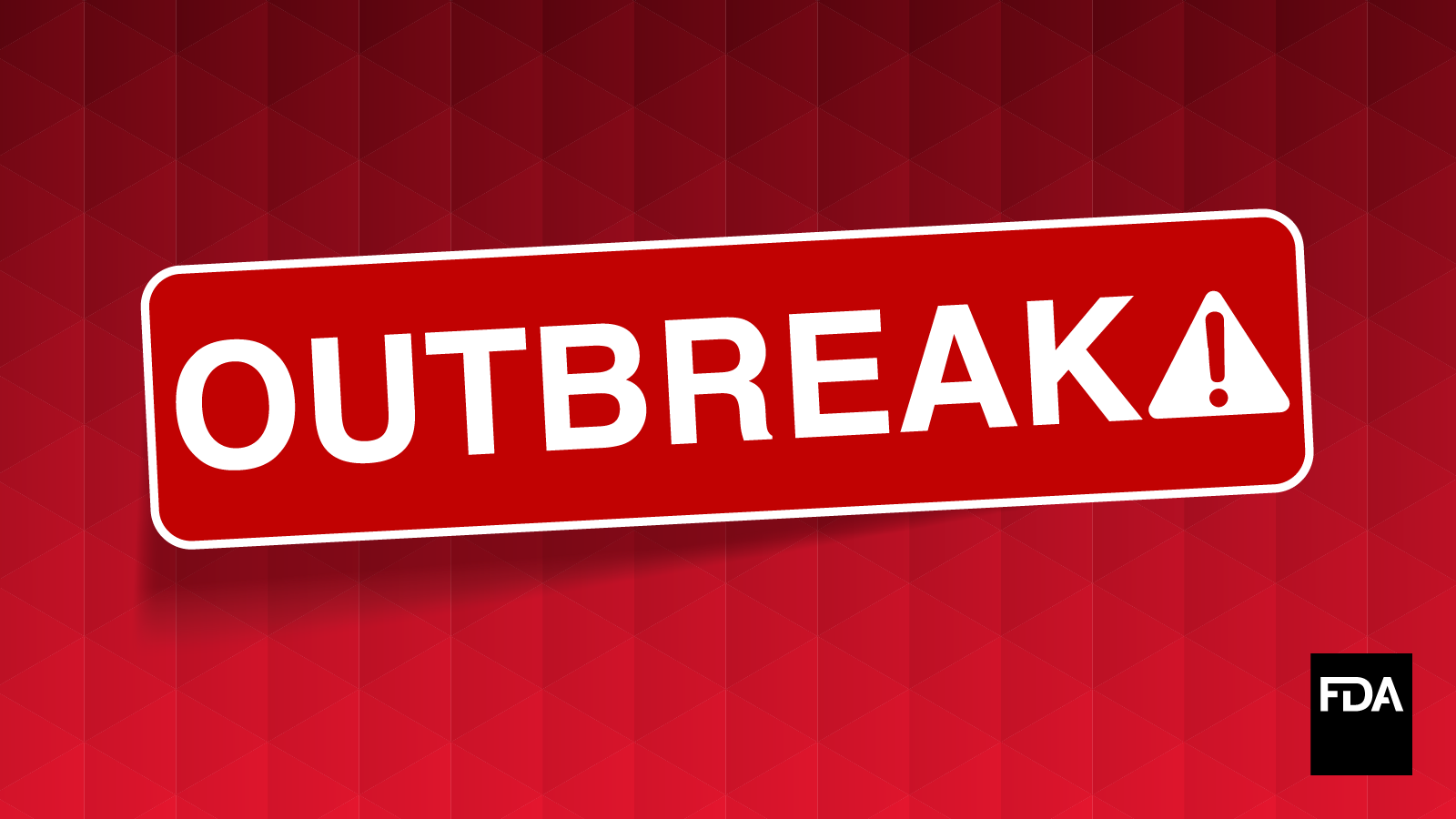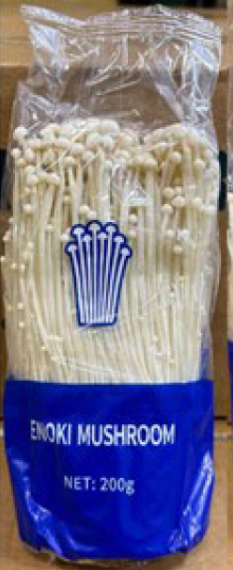The FDA reported on the recall of Gills onions (Oxnard, California), diced yellow onions, diced onions & celery, and diced mirepoix red onions with use date in August 2023 due to Salmonella Thompson. The recalled onions were sold to food services and institutions nationwide and in Canada. In the US, the product was sold to retailers in Arizona, California, Idaho, Montana, Oregon, and Washington. Epidemiological data collected by the CDC indicates that 14 of 19 cases with information available reported exposure to fresh diced onions before becoming ill. Based on traceback data collected by the FDA, the FDA determined that onions processed at Gills Onions were available at points of service where people ate before becoming ill. The investigation is ongoing to determine the source of contamination and whether additional products are linked to illnesses. @ https://www.fda.gov/food/alerts-advisories-safety-information/outbreak-investigation-salmonella-onions-october-2023?utm_medium=email&utm_source=govdelivery
ruth
Do not eat, sell, or serve recalled diced onion products. FDA’s investigation is ongoing.
ruth
The FD reported that Utopia Foods Inc (Glendale, NY) recalled all lots within the expiry of Qilu Enterprise branded 200g packages of “Enoki Mushrooms” because they could be contaminated with Listeria monocytogenes. The recalled Enoki Mushrooms were distributed to produce wholesalers in NY, NJ, PA, MA, and MD. Products may have been further distributed to retail locations such as grocery stores. The product comes in a 200g, clear plastic package with barcode 8928918610109 marked on the packaging. All products within expiry are included in the recall and were distributed between 8/7/2023 and 10/20/2023. No illnesses have been reported to date in connection with this problem. The potential contamination was noted by a routine sampling conducted by the State of West Virginia on products further distributed by Utopia’s customers bearing an expiration date of 10/26/2023. The products tested positive for Listeria monocytogenes. Utopia Foods had suspended the distribution of the products and initiated a full-range recall for all expiration dates. @ https://www.fda.gov/safety/recalls-market-withdrawals-safety-alerts/utopia-foods-recalls-enoki-mushrooms-because-possible-health-risk-0?utm_medium=email&utm_source=govdelivery
Utopia Foods Inc of Glendale, NY, is recalling all lots within expiry of Qilu Enterprise branded 200g packages of “Enoki Mushrooms” because they have the potential to be contaminated with Listeria monocytogenes, an organism which can cause serious and sometimes fatal infections in young children, fr
ruth
The FDA reported that Gills Onions (Oxnard, CA) recalled Gills Onions branded fresh diced onion products because they could potentially be contaminated with Salmonella. The recalled products were sent to Arizona, California, Idaho, Montana, Oregon and Washington. The recalled products are well beyond their August 2023 use-by-dates and are no longer available for store sale. The recalled products were part of the FDA traceback investigation into an ongoing Salmonella Thompson outbreak. @ https://www.fda.gov/safety/recalls-market-withdrawals-safety-alerts/gills-onions-voluntarily-recalls-select-lots-fresh-diced-onion-products-because-possible-health-risk?utm_medium=email&utm_source=govdelivery
Gills Onions of Oxnard, CA is voluntarily recalling Gills Onions branded fresh diced onions products because they have the potential to be contaminated with Salmonella, an organism that can cause serious and sometimes fatal infections in young children, frail or elderly people, and others with weake
ruth
The New York State Agriculture Commissioner Richard A. Ball alerted consumers to the presence of Listeria monocytogenes in Qilu Enterprises brand “enoki mushrooms,” distributed by Utopia Produce (Glendale, New York). This product was distributed in New York City, New Jersey, Pennsylvania, Massachusetts, Maryland, and West Virginia. Qilu Enterprises brand “enoki mushrooms” are packaged in a 7.05 ounce (200 gram) flexible plastic bag with UPC 928918-610109. The product has an expiration notice of “Exp: October 26, 2023.” West Virginia Department of Agriculture found the presence of Listeria monocytogenes in the product following routine sampling. The NY State Department of Agriculture and Markets is working to remove the product from sale. @ https://www.morningagclips.com/consumer-alert-listeria-monocytogenes-in-qilu-enterprises-brand-enoki-mushrooms/
ALBANY — New York State Agriculture Commissioner Richard A. Ball alerted consumers to the presence of Listeria monocytogenes in Qilu Enterprises brand “enoki mushrooms,” distributed by…




